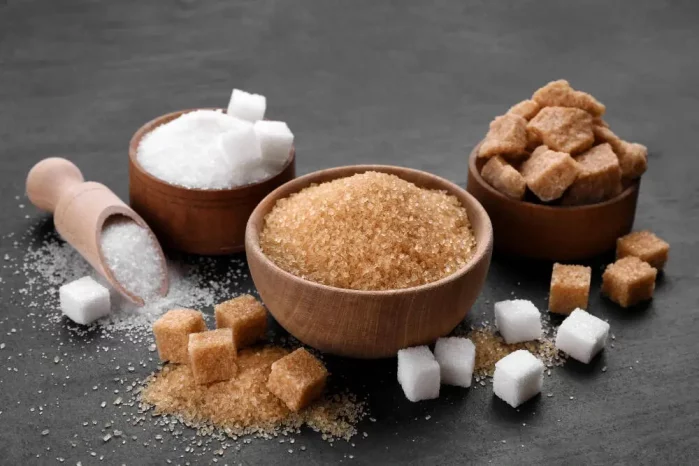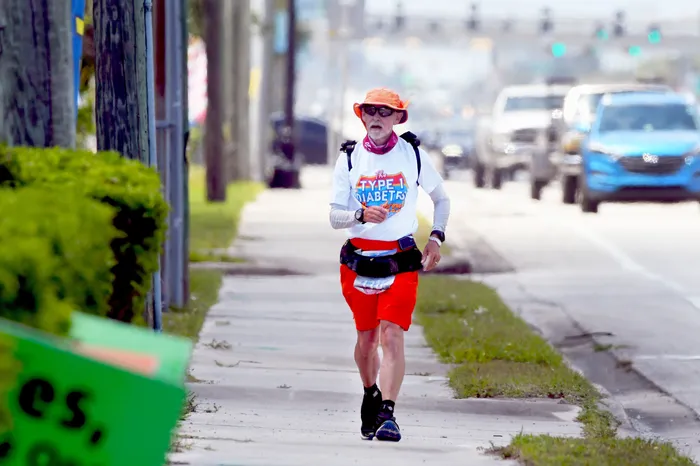Introduction
Hypoglycemia, characterized by abnormally low blood glucose levels, is a common and potentially serious condition that affects millions of people worldwide. It is particularly prevalent among individuals with diabetes, although it can occur in non-diabetic individuals as well. Understanding the nuances of the most common form of hypoglycemia is crucial for healthcare providers, patients, and caregivers to effectively manage and prevent this condition. This article delves into the various aspects of the most common type of hypoglycemia, focusing on its causes, symptoms, risk factors, management strategies, and preventive measures.
Defining Hypoglycemia
Hypoglycemia is typically defined as a blood glucose level below 70 mg/dL (3.9 mmol/L). However, this threshold can vary slightly depending on individual circumstances and the presence of symptoms. Hypoglycemia can be classified into different categories based on its causes and context, including reactive hypoglycemia, fasting hypoglycemia, and drug-induced hypoglycemia. Among these, the most common form is drug-induced hypoglycemia, particularly in individuals with diabetes who use insulin or other glucose-lowering medications.
Drug-Induced Hypoglycemia in Diabetes
Drug-induced hypoglycemia is a significant concern for people with diabetes, especially those on insulin therapy or sulfonylureas. These medications are potent in lowering blood glucose levels but can sometimes overshoot the target, leading to hypoglycemia. The prevalence of hypoglycemia in people with type 1 diabetes is higher than in those with type 2 diabetes, primarily due to the need for insulin therapy in type 1 diabetes.
Mechanisms of Drug-Induced Hypoglycemia
The primary mechanism of drug-induced hypoglycemia involves an imbalance between insulin availability and glucose intake or production. Insulin and sulfonylureas increase insulin levels in the blood, which facilitates glucose uptake by cells. If the administered dose of these medications is too high relative to the amount of ingested carbohydrates or if the individual has increased insulin sensitivity, blood glucose levels can drop too low.
Risk Factors
Several factors can increase the risk of drug-induced hypoglycemia, including:
- Incorrect Dosing: Taking too much insulin or sulfonylureas can overwhelm the body’s ability to maintain normal blood glucose levels.
- Meal Timing and Composition: Delayed or missed meals, or meals with insufficient carbohydrate content, can fail to provide the necessary glucose to counteract the effects of glucose-lowering medications.
- Physical Activity: Exercise increases glucose uptake by muscles, which can lower blood glucose levels if not matched with appropriate carbohydrate intake.
- Alcohol Consumption: Alcohol can interfere with gluconeogenesis, the liver’s process of producing glucose, exacerbating the risk of hypoglycemia.
- Renal Impairment: Reduced kidney function can prolong the action of insulin and some oral hypoglycemic agents, increasing the risk of hypoglycemia.
Symptoms of Hypoglycemia
Recognizing the symptoms of hypoglycemia is crucial for timely intervention. Symptoms can be classified into two categories: adrenergic and neuroglycopenic.
Adrenergic Symptoms
- Tremors
- Palpitations
- Anxiety
- Sweating
- Hunger
These symptoms result from the body’s release of counter-regulatory hormones like adrenaline in response to falling blood glucose levels.
Neuroglycopenic Symptoms
- Confusion
- Drowsiness
- Weakness
- Difficulty speaking
- Visual disturbances
- Seizures
- Loss of consciousness
Neuroglycopenic symptoms occur due to inadequate glucose supply to the brain. These symptoms can be particularly dangerous if not promptly addressed.
Diagnosis and Monitoring
Diagnosing hypoglycemia typically involves confirming low blood glucose levels during symptomatic episodes and observing symptom resolution after glucose administration. Continuous glucose monitoring (CGM) systems have become valuable tools for detecting and managing hypoglycemia. CGMs provide real-time glucose readings and trends, allowing for proactive adjustments to treatment regimens.
Management of Hypoglycemia
The management of hypoglycemia involves immediate treatment of acute episodes and long-term strategies to prevent recurrence.
Acute Treatment
For immediate treatment, the “15-15 Rule” is commonly recommended:
- Consume 15 grams of fast-acting carbohydrate: Options include glucose tablets, fruit juice, regular soda, or candy.
- Wait 15 minutes and recheck blood glucose levels: If still low, repeat the process.
Once blood glucose levels have stabilized, consuming a more substantial snack with protein and complex carbohydrates can help maintain glucose levels.
Long-Term Management
Preventing hypoglycemia requires a multifaceted approach:
- Medication Adjustment: Working with healthcare providers to adjust insulin or oral medication doses based on patterns of hypoglycemia.
- Dietary Strategies: Consistent meal timing and composition, along with the incorporation of complex carbohydrates that provide a steady glucose release.
- Exercise Planning: Coordinating insulin doses and carbohydrate intake around physical activity.
- Education: Continuous education on recognizing early symptoms and managing hypoglycemia is vital for patients and their caregivers.
Preventive Measures
Preventing hypoglycemia is a key aspect of diabetes management. Several strategies can help reduce the risk:
- Self-Monitoring of Blood Glucose (SMBG): Regular blood glucose testing helps identify trends and adjust treatment plans accordingly.
- Technology Use: Utilizing CGMs and insulin pumps with predictive low-glucose suspend features.
- Individualized Care Plans: Tailoring treatment plans to individual needs, considering factors like age, comorbidities, and lifestyle.
- Patient Education and Support: Ongoing education about hypoglycemia management and access to support groups or counseling services.
Hypoglycemia in Non-Diabetic Individuals
While less common, hypoglycemia can also occur in individuals without diabetes. This can be due to various factors, including:
- Reactive Hypoglycemia: Occurs within a few hours after eating due to excessive insulin production.
- Fasting Hypoglycemia: Results from prolonged periods without food, leading to depletion of glycogen stores and insufficient gluconeogenesis.
- Medical Conditions: Certain medical conditions, such as adrenal insufficiency or severe liver disease, can impair glucose regulation.
- Alcohol Consumption: Excessive alcohol intake without adequate food can inhibit gluconeogenesis and cause hypoglycemia.
Diagnosis and Management in Non-Diabetic Individuals
Diagnosing hypoglycemia in non-diabetic individuals often involves monitoring blood glucose levels during symptomatic episodes and conducting a thorough medical history and physical examination. Identifying and addressing underlying causes is crucial for effective management.
Management strategies may include dietary modifications, such as frequent small meals with balanced macronutrients, and avoiding high-glycemic-index foods that can trigger reactive hypoglycemia. In cases of fasting hypoglycemia, addressing the underlying medical condition is essential.
Conclusion
Hypoglycemia, particularly drug-induced hypoglycemia, is a common and serious concern for individuals with diabetes. Understanding its mechanisms, risk factors, symptoms, and management strategies is crucial for effective diabetes care. By employing a comprehensive approach that includes acute treatment, long-term management, and preventive measures, healthcare providers can help patients minimize the risk of hypoglycemia and maintain optimal blood glucose control.
Continuous education and support for patients and their caregivers play a pivotal role in empowering them to recognize and respond to hypoglycemia promptly. Advances in technology, such as CGMs and insulin pumps, offer valuable tools for improving hypoglycemia management and enhancing the quality of life for individuals with diabetes. As research and clinical practices evolve, ongoing efforts to refine hypoglycemia management strategies will continue to benefit patients and healthcare providers alike.
Related topics:
What Can I Eat Immediately To Lower My Blood Sugar

























